Blog
February 10, 2020
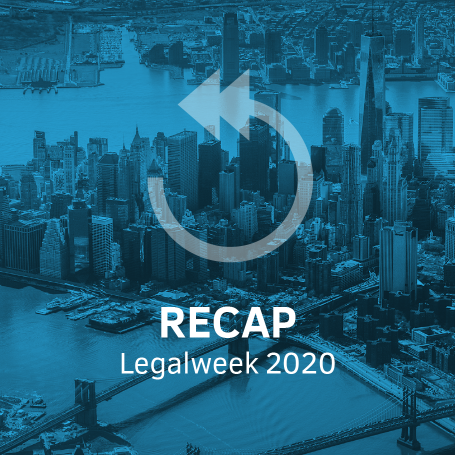
Exploding data volumes coupled with high costs have made the search for affordable, fast, and defensible eDiscovery technology a top priority for legal professionals.
October 27, 2021

October is Cybersecurity Month in the United States, but with the increasing rates of cybercrime, both from international and domestic sources, there is no month where cybercrime isn’t a constant, potentially catastrophic threat. The SolarWinds attack attributed to Russia in 2020, recent attacks on the water supply and other national infrastructure, and the increasing rate at which people have started working from home after the pandemic, has increased our awareness of cybercrime and our need to be constantly vigilant.
December 14, 2022

One consistent message that seems to resonate from legislature to legislature across the world is the recognition of the fact that data - especially personal data - is both a weapon and a vulnerability, and in the quickly-evolving digital landscape of today the task of safeguarding it effectively becomes more and more difficult. The Australian legislature seeks to update its current privacy laws, which are based on both the original 1988 Privacy Act, and its later update from 2000, to reflect the rapid technological advancements that took place in the early 21st century in data collection, data storage and data analysis.
January 24, 2017
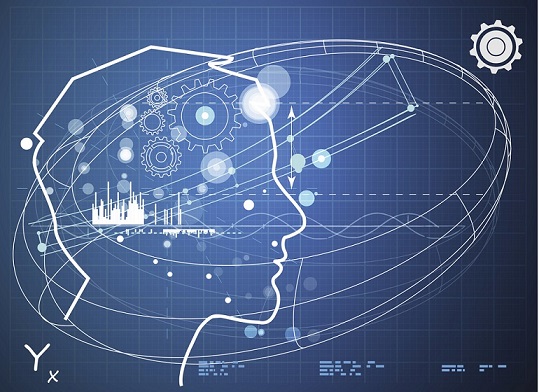
Search Google for the words “legal business intelligence” or “analytics for law firms.” Millions of blog entries, industry articles, and (of course) advertisements hype…
November 7, 2019
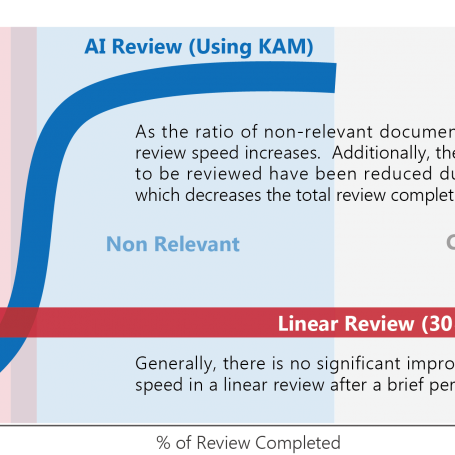
A more thorough and introductory explanation of this topic was originally featured on the ACEDS Blog. Attorneys often calculate recall and precision estimates based…
August 28, 2020
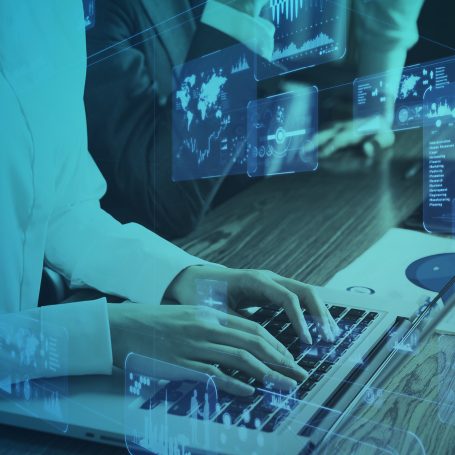
If there was ever a single eDiscovery trend that everyone could agree on, it would without a doubt be the fact that data volumes in litigation grow year to year without fail.
October 20, 2021

The U.S. Federal Trade Commission (FTC) and the European Commission (EC) have issued guidance and opinions on AI. This guidance provides insight into how organizations can mitigate concerns and prepare for the future when using AI.
October 14, 2021

Regulation of cyberspace and the ability to access personal user data is a global, sweeping phenomenon that is undergoing immense change. Countries and societies around the world have had to confront questions about: What is private? What is sacred? What rights do individuals have to privacy? Where should the ability of corporations to access personal user information begin and end?
October 24, 2019

Last year, Maruyasu Industries, an auto parts manufacturer of steel tubes, was fined $12 million for its role in a criminal conspiracy to fix…
July 16, 2018

The two largest economies in Asia–China and Japan–historically have seen far lower volumes of eDiscovery than the U.S. However, with a growing global economy,
January 7, 2020
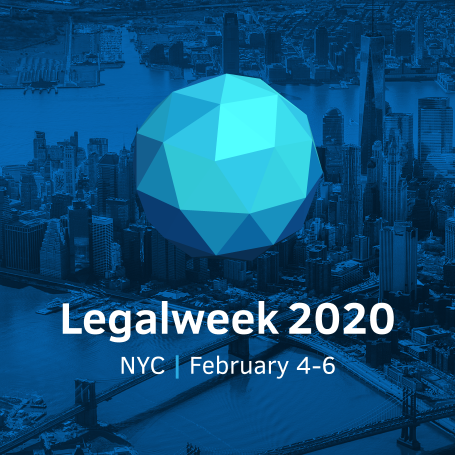
Using Smarter AI via our KIBIT AI engine we then process your data set. This results in fewer documents, with greater relevance, for review. In turn, our clients spend significantly less time during the discovery review phase leveraging KIBIT Automator’s AI technology.
June 25, 2018

As part of our series on Asia cross-border eDiscovery issues and best practices, in this post we provide an overview of the unique challenges…
September 21, 2020

Technical Execution. The technical execution of a random sampling process is simple, quick and is fully supported in some eDiscovery platforms such as Relativity.
Let’s take a look at some of the main considerations and caveats to be aware of prior to utilizing this technique for validating your workflow.
December 10, 2021

Cloud Computing, or the ability to use software and data storage over the internet rather than on a local physical device, has greatly increased over the past several years, skyrocketed during the pandemic, and is predicted to continue growing into 2022.
December 6, 2022
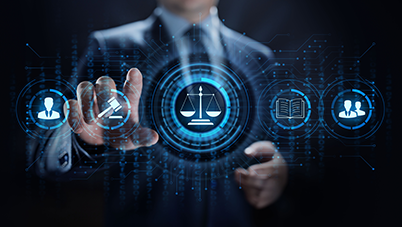
Technology Assisted Review (often shortened to TAR) has been making inroads in most major litigation markets. The progress hasn't been as speedy as some would have liked, perhaps, but law is a cautious and conservative field and even technological advancements that promise to herald a new era of efficiency in legal discovery and document review must wait until sufficient precedent has been accumulated by those daring justices and judges who are willing to give technology a chance.
December 25, 2023
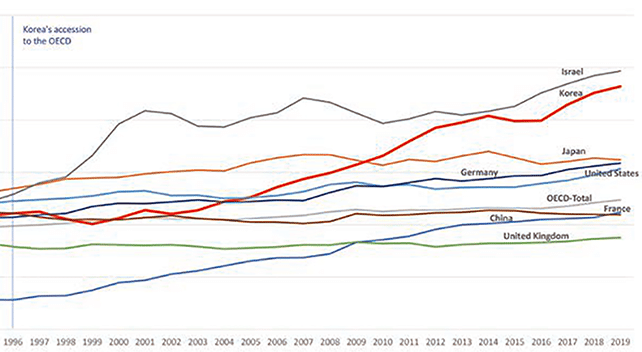
Global technology competition has grown fierce recently requiring nations to consider and enact technology protection policies and strategies. In Japan, for example, there was a significant change in 2014 under the Liberal Democratic Party that led to the development and passage of the Economic Security Promotion Act in 2022, along with a new National Security Strategy.
May 15, 2023

The legal industry is undergoing transformational changes as aspects of information governance and eDiscovery are refined with new data governance solutions and technologies to address evolving business and regulatory requirements.
March 23, 2020

The Challenge A team of two attorneys faced a tight budget and an even tighter deadline. Close of discovery loomed, and extensive document review…
November 26, 2021

Artificial Intelligence is a way of using technology to analyze large amounts of data in much less time than it would take a human user, and to make predictions based on this data that can be helpful for a variety of applications. Deep Blue’s legendary chess match against Kasparov is a classic example of AI and its ability to predict certain outcomes based on data.
February 16, 2023

Cyberattacks that use AI are currently rare and limited to social engineering applications, (such as impersonating an individual) or used in ways that aren’t directly observable by researchers and analysts. However, the quantity and quality of advances in AI have made more advanced cyberattacks likely in the foreseeable future.
